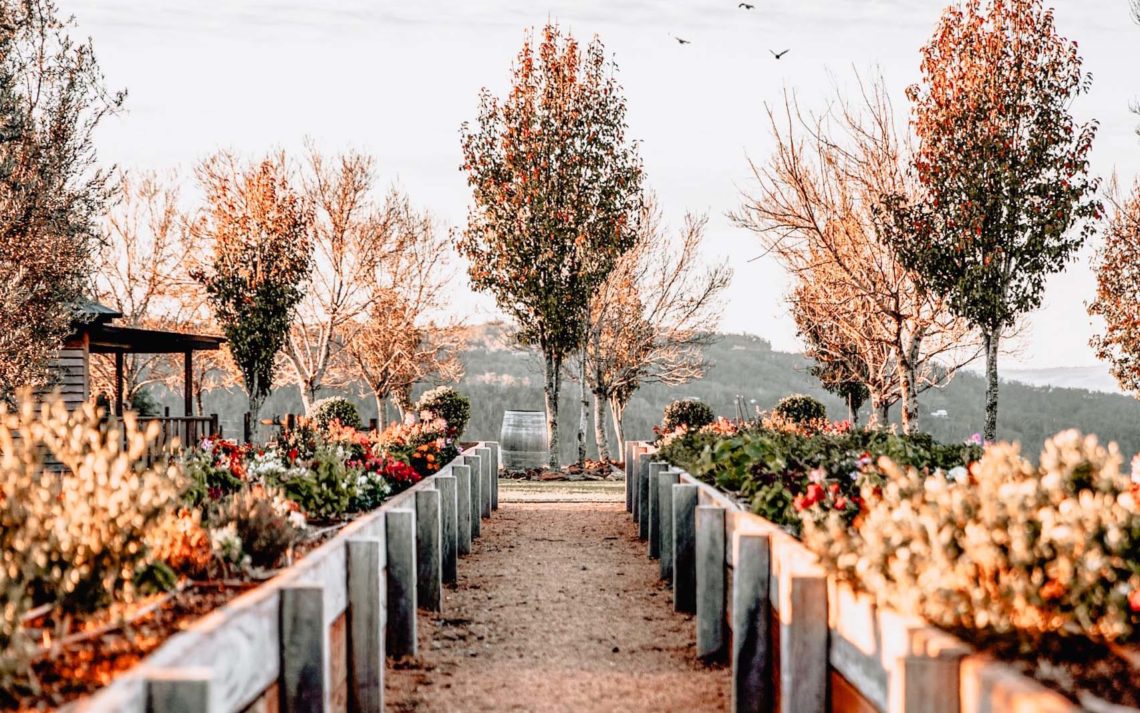
Cataracts and Other Painful Corrections Part 2
It’s just a couple of short weeks until a cataract will be removed from my left eye. Then, another four more after that until the right one’s eradicated. I’ve been learning a lot about what I imagined I saw prior to not being able to see very well at all. Everything in the grocery store actually isn’t in my permanent memory bank. Signage is more important than ever. And because my depth perception is off, I’m running into table corners and even people! Truth be told, I probably soldiered along with vision impediments for far too long. Cataracts and other painful corrections can do that to a person.
We tend to do that in our mind’s eye, too. Stifling ourselves. Blinding ourselves to certain truths. Especially if we are people pleasers and raised in the “children are to be seen and not heard” era. As a Southern “belle,” preserving the status quo was essential. In my family of origin, everyone suppressed their feelings until they could no long contain their anger. Then, tempers would flare. Voices were raised. An occasional lamp was shattered. We actually practiced not seeing conflict until we were so angry we couldn’t see straight.
Silence Isn’t Always Golden
In the past few months, I’ve seen how this coping mechanism continues to serve me poorly. With the help of a therapist, I’ve discovered how to speak up in real time. It’s much more beneficial to prevent dirt clods of discontent from joining forces with waterfalls of tears. Left unattended, these components can transform into a momentous mudslide. Learning how to recognize and identify moments when I’m not seeing things clearly or objectively is important for me to do.
Emotions can blind us to the truth of any situation. Seeming indifference from a spouse when they don’t text us back might actually be the result of an internet-deficient space. We might imagine we didn’t make the cut for a party. Then, an invite arrives the following day. Unnecessary angst arises. Life relentlessly presents us with situations and unforeseen circumstances. We can’t often control life events but our response is always on us.
Fortunately I was able to take off my emotional cataracts without the help of a knife. But this wasn’t without pain either. A hard truth sucker punched me right in the gut. Just because my husband and I are godly people in a long-term, committed relationship doesn’t mean our marriage is immune to peril. It is. We’ve checked all the boxes of keeping up regular date nights, traveling together and enjoying common activities. Infertility, special needs parenting and significant health challenges all proved surrmountable. Yet our path moving forward was riddled with brambles.
Trouble in Paradise
Sadly, no victory or promise provides complete immunity when marriage challenges arise. This side of eternity we won’t experience that level of bliss. A gold star of exemption from future hurdles will forever elude us. So even though we have a solid partnership, a fun, easy friendship and a track record of astounding resiliency, we’ve discovered some cracks that require immediate and continuous attention. Complacency is a state in which Satan can perpetuate his schemes. When it comes to relationships, complacency can be downright lethal. I think one of the greatest challenges in Christian marriages is finding a balance between suppressing our needs and expressing them. Christian culture does dictate that the greatest commandment says we should love one another as you love yourself. But what if we never express a need? Or admit we have any at all? Do we really love ourselves in a healthy way?
Fortunately, Scripture offers helpful parameters. We read in 1 Corinthians 13 that love “does not demand.” Bear with one another, it instructs. Humility and gentleness are required. Patience and an eagerness to maintain “the unity of the Spirit in the bond of Peace” are called for as well. (Ephesians 4:2-3.) In Ephesians 4:26 Paul issues a warning not to “let the sun go down’ on our anger. ” But oftentimes needs remain unexpressed and unnecessarily unmet.. Our mates can’t read our minds. Months and years of “sunsets” may transpire until even the closest soul mates become furious beyond measure. By then, the expansive root of bitterness is deeply entrenched in their marital landscapes. A root of bitterness is much harder to remove than a weed that sprang up in a day.
True Confessions
Part of me wishes I could report that my marital garden is now weed free. Another, more authentic part freely confesses that’s its not even close. Unfortunately, we’ve let a lot of sunsets fade to black without picking up any gardening tools. Maybe that’s true for you, too. Ironically, I hope this confession encourages you, It’s not dishonoring to say your relationship has some weeds in it. It’s more dishonoring to God when atrophy perpetuates in them. God calls us to tend to our relationship gardens. We read in Song of Solomon 2:12:
“The flowers have already appeared in the land.
The time has arrived for pruning the vines,
And the voice of the turtledove has been heard in our land.
The fig tree has ripened its figs,
And the vines in blossom have given forth their fragrance.
Arise, my darling, my beautiful one, And come along.”
Getting My Hands Dirty
In the Garden
As we join our beloveds in the garden of our relationships, we unite for a purpose. Both of us stand to benefit. There’s no use in standing in the garden, blinding ourselves to the weeds and pretending to ourselves and others that everything’s fine when it’s not. We must summon the courage to face hard truths about ourselves. Rolling up our sleeves and committing to the work is critical. God is likely to show up in a mighty way when couples commit to such work. He cautions in Mark 10: 9, “Because God created this organic union of two sexes, no one should desecrate his art by cutting them apart.”
From the moment such unions are formed, vows are made before God wants honored for all eternity whenever possible. Pruning may be painful for both sides. We must try to cultivate a harmonious working relationship in the garden. The irony of this difficult task has not been lost on me as I plow through a year-long study of Genesis. I do take a certain amount of comfort in knowing I’m not the only one who’s fallen short in a garden! I’m carefully honing my skills, knowing the sight of a well-tended garden pleases not only God but the husband and wife who take the time to lovingly commit to the task, however sizable it may be.





6 Comments
Kathy Palkovic
Hi Cindy! I love your insight and perspective. I enjoy your blog. You are a very talented writer!
admin
THank you my friend! Hope I see you in person someday soon!
Jean Phelps
Cindy u write so beautifully and with such honesty. Your life experiences so reverent to most women. Keep it up❤️Jean
admin
Thank you so much! I look forward to seeing you in person someday soon.
Elizabeth Herbert Cottrell
Thank you for the courage to write this, Cindy. It’s so important to remember that everyone struggles, even in the best marriages. John and I are 47 years in and we still have the ability to hurt each other when we’re not paying attention.
Fabulous image: “dirt clods of discontent from joining forces with waterfalls of tears. Left unattended, these components can transform into a momentous mudslide. ”
Prayers beaming your way for your upcoming cataract surgery.
admin
THank you my friend. I finally learned how to respond to these comments! Ha!